South Africa launched digital sustainability reporting
- October 25, 2024
- 5 minutes
In this insight:
Standardized digital sustainability reporting in South Africa: Key updates in XBRL Taxonomy
Timeline of South Africa’s ESG reporting implementation
Discover the South Africa’s journey toward digital reporting
Africa’s unique ESG challenges and opportunities
Looking ahead: The road to mandatory ESG reporting
Looking for support in digitising sustainability disclosures?
BR-AG | Head of Standards,
Senior Technical Standards Analyst
On October 1, 2024, South Africa’s Companies and Intellectual Property Commission (CIPC) introduced its updated XBRL taxonomy. In addition to the usual updates related to accounting and financial reporting, this release marks a significant milestone with the inclusion of a sustainability disclosures module, aligned with the S1 and S2 standards from the International Sustainability Standards Board (ISSB).
This positions South Africa’s CIPC as, as it appears, the first regulator globally to implement and enable the use of this taxonomy. Now, this move enables companies in South Africa to voluntarily report sustainability data digitally using the internationally recognized ISSB framework, integrated into the current financial reporting system.
The announcement of the 2024 Final Taxonomy was made by Michal Zubrycki, Head of Technical Reporting Standards Practice at BR-AG, during the second day of the ESG Africa Conference in Johannesburg. The announcement was followed with an interesting panel discussion and exchange on sustainability reporting, including Ndidi, Dr Nnoli-Edozien, Cuma Zwane, Nomsa Avuyile Nkomo, Loshni Naidoo, Clémence McNulty, Lee Swan and Carolynn Chalmers.
Michal Zubrycki, Łukasz Wojciechowski, and other members of the BR-AG team take great pride in providing technical assistance to the CIPC for the integration of the new sustainability disclosures module into South Africa’s financial reporting system. This initiative helps the regulator enhance transparency, streamline operations, and establish itself as a leader in global best practices for financial and sustainability reporting.
Standardized digital sustainability reporting in South Africa: Key updates in XBRL Taxonomy
South Africa’s 2024 XBRL taxonomy release introduces several key features that underscore the country’s leadership in digital sustainability reporting. The new module incorporates information requirements within a harmonized data model, allowing companies to tag sustainability disclosures alongside their financial reports.
Important aspects of this taxonomy include:
- Harmonized Data Model: A structured framework that integrates with South Africa’s financial reporting taxonomy.
- Voluntary Adoption: Companies can opt to provide ESG (Environmental, Social, Corporate Governance) disclosures voluntarily, ensuring a smooth transition towards mandatory reporting in the future.
- Global Alignment: The taxonomy follows ISSB guidelines and incorporates country-specific elements from XBRL International, alongside the Global Legal Entity Identifier Foundation’s (GLEIF) taxonomy for beneficial ownership tracking.
- ISSB Standards: CIPC’s adoption of the ISSB S1 and S2 standards marks a crucial step in ensuring global comparability and transparency in ESG reporting.
Relevant links:
➡ CIPC XBRL programme web page (including taxonomy files and relevant documentation): https://lnkd.in/d2a3EkiU
➡ CIPC Notice 65/2024 on the new taxonomy: https://lnkd.in/dxWXAtDd
➡ XBRL International taxonomy registry: https://lnkd.in/du64C7Mq
Timeline of South Africa’s ESG reporting implementation
The path to this CIPC Final Taxonomy release was shaped by several key milestones. In June 2023, the South African Institute of Chartered Accountants (SAICA) and Johannesburg Stock Exchange (JSE) introduced ISSB standards for ESG reporting, laying the groundwork for digital disclosures.
However, delays in the publication of the ISSB digital taxonomy pushed the initial timeline, with CIPC deciding to incorporate the S1/S2 sustainability modules into its 2024 taxonomy update.
From May to August 2024, BR-AG experts, in collaboration with CIPC, worked diligently to develop the updated taxonomy. By October 1, 2024, CIPC was ready to roll out the new system, allowing early adopters in South Africa to take advantage of its capabilities.
While the taxonomy is voluntary, it represents a significant step forward, with mandatory ESG disclosures expected to be implemented in the future, pending legislative changes to the Companies Act.

Discover the South Africa’s journey toward digital reporting
Curious about South Africa’s approach to digitizing financial and sustainability disclosures?
Download the joint presentation from the Companies and Intellectual Property Commission (CIPC) and BR-AG, prepared for the ESG Africa Conference 2024:
Africa’s unique ESG challenges and opportunities
The ESG Africa Conference highlighted the distinct challenges and opportunities Africa faces in the ESG space, while also showcasing South Africa’s commitment to adopting global best practices in ESG reporting and leading by example. Many speakers emphasized that strong governance is crucial to the success of sustainability efforts, noting that robust governance structures are key to driving ESG initiatives in both the public and private sectors.
A recurring theme was that ESG should not be viewed merely as a compliance requirement but as a framework for shaping the future of business. One key takeaway was the need for companies to integrate ESG into their core strategies, rather than seeing it as an additional burden.
Panelists also discussed the growing realization that long-term sustainability may require short-term sacrifices in profit. Transitioning business models to more sustainable practices, such as adopting “product as a service” strategies, was highlighted as essential to ensuring businesses are prepared for the future.
Looking ahead: The road to mandatory ESG reporting
Although the 2024 taxonomy is voluntary, the groundwork is being laid for mandatory ESG reporting. South Africa will remain in a transitional phase until October 1, 2025, awaiting legislative updates that will formalize these requirements. The Department of Trade, Industry, and Competition is actively working on the necessary amendments to the Companies Act, which will define the scope of entities required to disclose their ESG data.
As ESG reporting gains momentum worldwide, South Africa’s pioneering efforts in digital sustainability reporting position it as a model for other countries. The integration of the ISSB standards into CIPC’s XBRL taxonomy demonstrates the country’s commitment to transparency and its role in driving global best practices in sustainability reporting.
Looking for support in digitising sustainability disclosures?
We’re here to guide you.
ESG is a journey, not a destination. For organizations embarking their journeys and looking for a tour guide or a pilot, our team of dedicated experts is ready to provide a comprehensive guidance and fast-track your digital reporting efforts:


